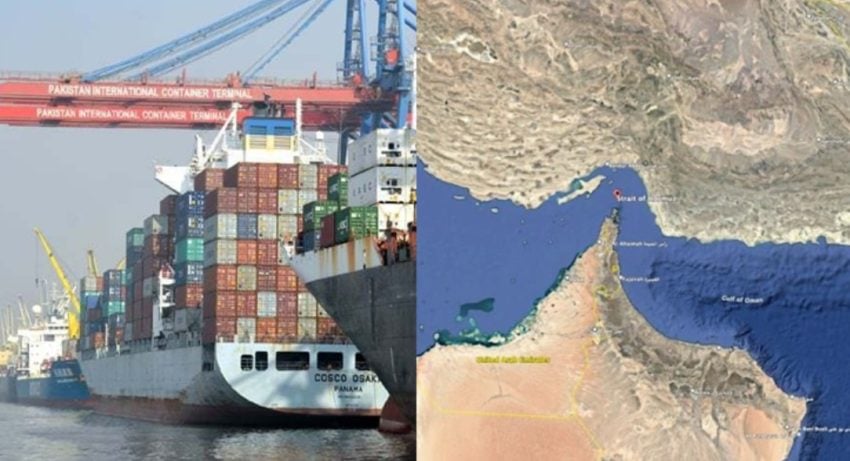ISLAMABAD – A dramatic escalation in Middle East tensions sent shockwaves through global markets as United States launched direct airstrikes on Iran’s nuclear infrastructure, prompting Tehran to threaten complete closure of Strait of Hormuz — the world’s most critical energy chokepoint.
US President Donald Trump confirmed bombing of three key nuclear sites Natanz, Fordow, and Esfahan, calling these strikes “spectacular military success,” in what is said to be first direct US military action in decades.
Shortly after the announcement, Brigadier General Alireza Tangsiri, commander of the Islamic Revolutionary Guard Corps (IRGC) Navy, reportedly warned that the Strait of Hormuz would be fully closed within a few hours.
Strait of Hormuz serves as key artery for global energy supplies. Around 20 million barrels of crude oil flow through the strait each day. A shutdown would severely impact exports from Gulf producers like Saudi Arabia, Iraq, Kuwait, and the UAE.
Though some alternative pipeline routes exist, their limited capacity — just over 2.5 million barrels per day — would be insufficient to prevent global supply disruptions. Qatar’s LNG exports, critical for Europe and Asia, would also be severely constrained.
The global oil market responded sharply to crisis. Brent crude prices surged past $90 per barrel, while West Texas Intermediate (WTI) breached the $87 mark.
Pakistan to face heat amid soaring tensions
For energy-importing countries like Pakistan, the fallout could be severe. As country rely on crude oil and LNG import, the closure could directly hit global energy markets.
A spike in oil prices would likely worsen Pakistan’s already fragile external account, drive up inflation, and put additional pressure on the rupee. Electricity generation costs would rise, transport prices would surge, and food inflation could further escalate due to higher logistics expenses.
Energy experts in Islamabad warn that if the crisis drags on, the government may need to tap emergency reserves or seek alternate suppliers at higher costs, complicating fiscal planning amid ongoing IMF negotiations.
Middle East War expands as US Airstrikes Hit Iranian Nuclear Sites













